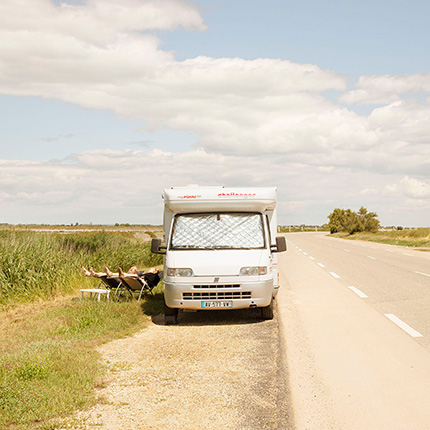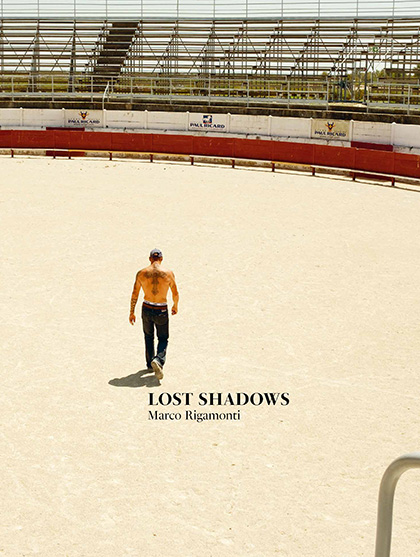- Photographs : Marco Rigamonti
- Text : Fabien Ribery
- Translation : Ela Kotkowska
- 116 pages
- 24 x 32 cm
- Hardcover
- 77 colour pictures
- French/english
- ISBN 978-2-492696-13-8
- €39 — €200
- This book was supported by Région Sud, Provence-Alpes-Côte d’Azur.

“Marco Rigamonti has photographed a French Far West that is both humorous and wild, open to all beings that have managed to preserve their intractability, their freedom, their element of madness”. Fabien Ribéry extract.
A limited edition of 45 copies
Order your book numbered and signed by Marco Rigamonti + a signed 15 x 15 cm print Fine Art Photo Pigment Print on Hanemühle – €120Add to cart
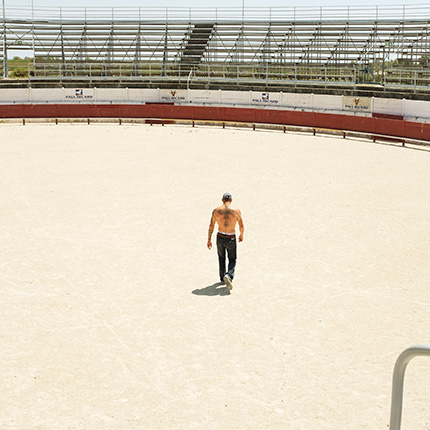
4 special editions in 6 copies
Order your book signed by the author + a 20 x 20 cm print, numbered from 1 to 6 and signed. Fine Art Photo Pigment Print on Hanemühle – 200 €
PICTURE #1 Add to cart
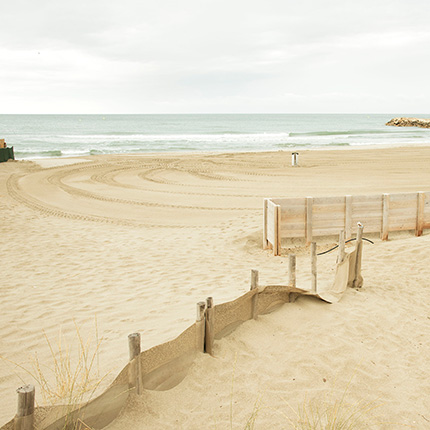
PICTURE #2 Add to cart
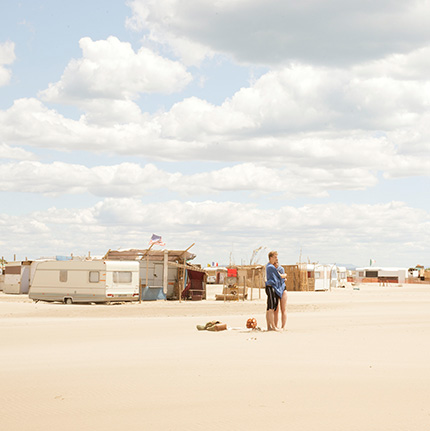
PICTURE #3 Add to cart
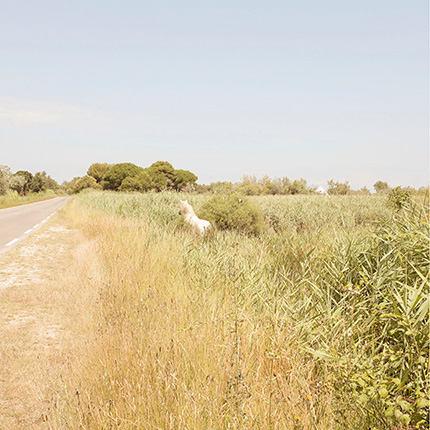
PICTURE #4 Add to cart

lost shadows, the book!
Camargue, genius loci
In the Camargue, Marco Rigamonti came eye to eye with a primal world, where water and land unite their intensity under a sky of pure light.
The landscapes he contemplates are silent. Humans have passed through here, disappearing faster than the shape of the place.
Perceiving correspondences between the shaped objects and the territory that bears them, the photographer approaches the space as if he were breathing it in, calmly, his lungs filling with air, then breathing out.
His images are thus free of any facile sentimentality, psychology being most often an opaque[EK1] filter between the viewer and the scenes he receives. Rigamonti takes us into the land of manades, or wild horses, on a journey tinted in ochre, where every presence conveys grace, journey between self-unburdening and ancient solemnity.
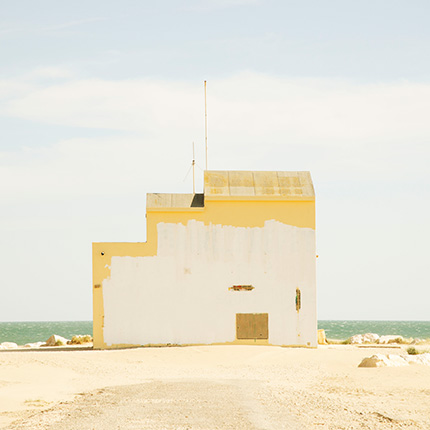
His frames of vision impart gravitas, but also absurdity and spontaneous humor—in all sincerity.
The moving intimacy of things is juxtaposed with the bizarre, or the incongruous, and the brightness of the truth of what is there, simply bathed in sunlight, with the spectator’s mischievousness.
Entering his photographs is like stepping into an arena without knowing where the animal we must face in spiritual, rather than physical, combat, will come from.
The signs of Camargue culture are plain to see, between a sense of the survival of the ethos of a people and the surprise of emergence.
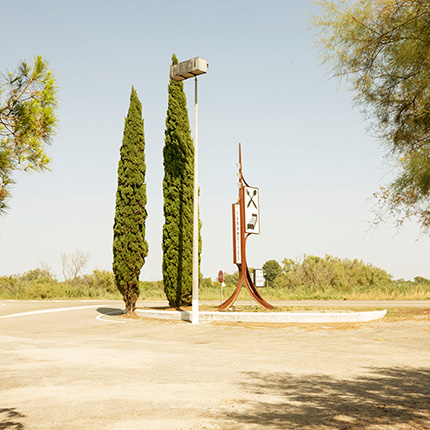
If there is idleness here, it is not in the sense of a vice deplored by our grandmothers, or the busy people of the Spectacle spinning endlessly in the void, but in the sense of concern for the self of the Ancients, the wisdom in the approach to time and bodies thrown into impermanence.
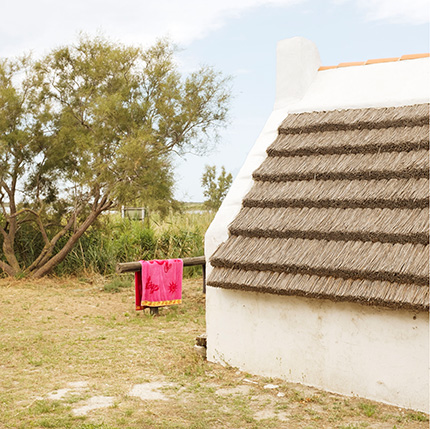
It is an awaiting, without drama, in the warm breeze, or under leaden sunlight; an awareness of the maturation necessary for each entity—plant, animal, human—to reach fruition by developing the best of its sap.
Rigamonti has photographed a French Far West that is both humorous and wild, open to all beings that have managed to preserve their intractability, their freedom, their element of madness.
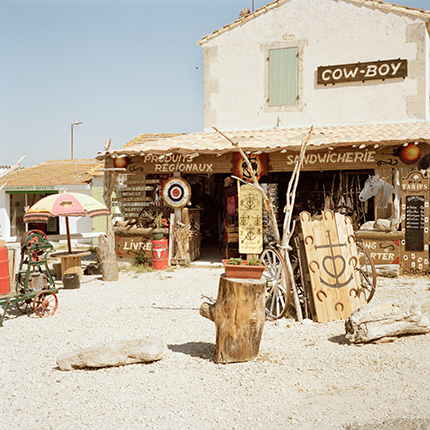
The Camargue thus revealed, arid and washed with essential water, is a power, a kingdom friendly to the lonely, a desert where to confront, head on, la Camarde, the Occitan Grim Reaper.
In the dialog among the images, a garden hose is much more than a rubber tube snaking through the sand; it is also, in the secret conversation of forms, the archway over a fountain under construction, the rail of a ghost train, or the delightful curve of a toboggan.
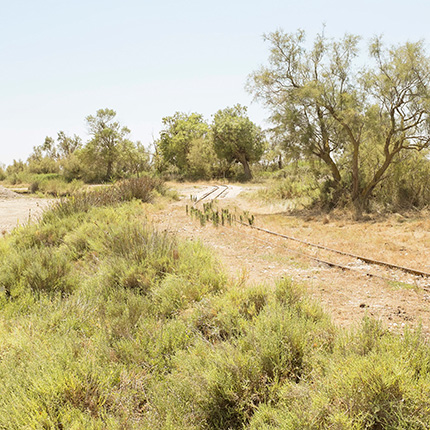
While it may be a location on a geographical map, the space surveyed by the Italian artist is also of the order of a cosa mentale populated with signs that may seem strange to the uninitiated, like sibylline archetypes.
One might think of Giorgio De Chirico’s metaphysical paintings, or of the unsettling sensation of a world of pure autonomy escaping ordinary causality.
These territories of sand and dust might be a landing site for aliens, the spidery picnic tables being reminiscent of a famous episode in Star Wars.
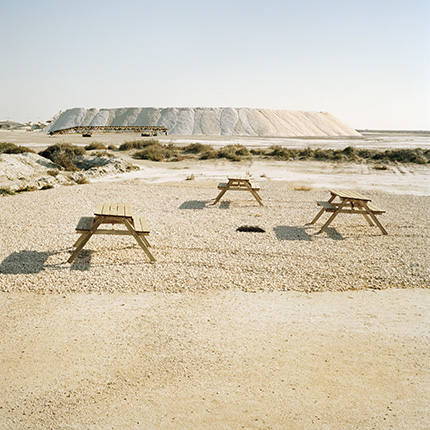
By small touches and shifts of details, almost imperceptibly Rigamonti ushers us into a world of fiction where a man engages in a bullfight with a van, and where elements of reality seem to contribute to the construction of a vast trompe-l’oeil.
An enormous bullfighting soul hovers over this unique land, full of artifacts, as if the tiniest act, the most diminutive scene, were observed by those who have already taken up the ultimate fight, and lost.
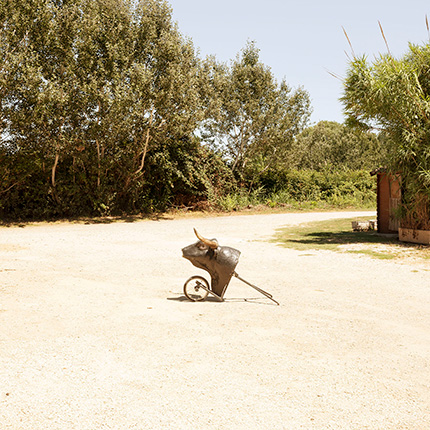
Watching the landmarks succeed one another in his familiar frame, the beautiful, felled beast takes the time—a luxury for a noble horned animal bred for the fight (but eternity is in no hurry)—to go and stroll along the Piémanson, by its sometimes gutted camper vans, its pirates, its graceful bathers, and its lost tourists.
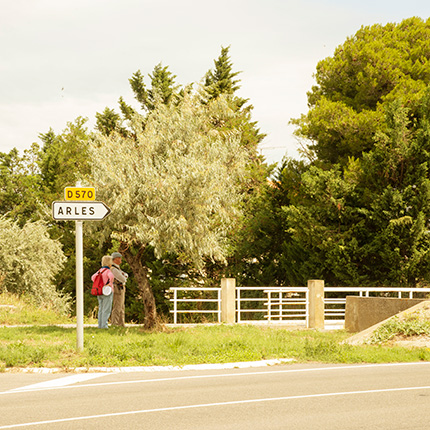
Through the serene torpor of his images and gentle irony, the photographer affirms that there is no pure identity, only a game—albeit a serious, intimate game—with the codes of belonging, which can only delight.
Faulkner wrote: “The past is never dead. It is not even past.”
Fabien Ribery
